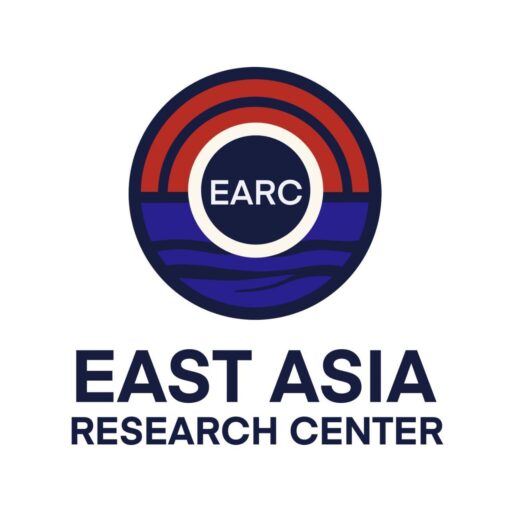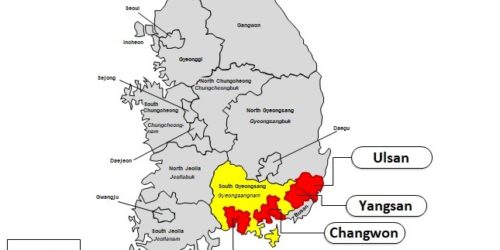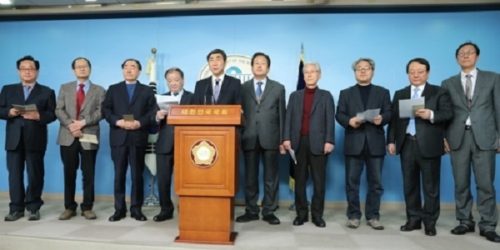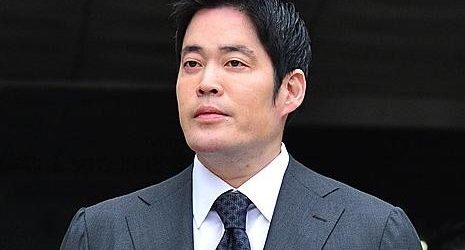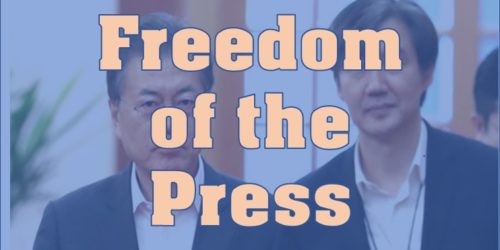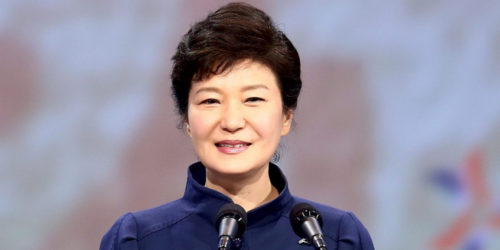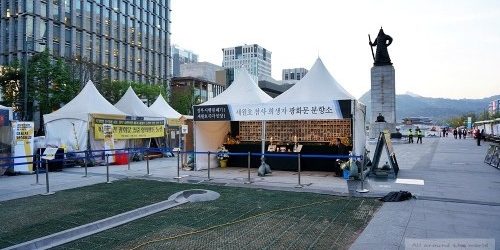De Facto One Party Rule in South Korea, the Democratic Party of Korea Rushes Through Bills Harmful to Human Rights, Free Speech, National Security, Economy
2020-12-5, Tara O

The ruling Democratic Party of Korea (Deobureo Minjoo Party) forced the “Amendment to the Act on the Development of Inter-Korean Relations,” a bill that criminalizes sending leaflets to North Korea, through the Foreign Affairs and Unification Committee of the National Assembly by itself on December 2, 2020. The opponents of this bill call it “Kim Yo-jong’s Decree Law” and South Korea “kneeling to North Korea.” This leaflet prohibition act metes out 3 years prison time or ₩30 million ($28,000) for violations. Since Kim Jong-un’s sister Kim Yo-jong complained about the leaflets and blew up the inter-Korea liaison building in June 2020, the Democratic Party lawmakers quickly introduced a bill in response to prohibit sending leaflets to North Korea.
With enough of a majority established in the National Assembly after the General Election in April 2020, which is still contested as fraudulent, the Democratic Party of Korea has introduced and are forcing through other bills harmful to South Korea, many contrary to the Constitution. The ruling party prioritized 15 bills, the so called “15 Future Legislative Tasks,” and vowed to pass them by the year end. In fact, the ruling party plans to pass them at the Plenary Session to be held on December 9, 2020.
- The 5.18 (Gwangju Incident) Special Act 2 (5·18특별법 2건), Party Platform
- The Jeju April 3 Special Act (4·3특별법)
- The Gongsoocheo Act (공수처법) [The Democratic Party recently gave Gongsoocheo an English name of “Corruption Investigation Office for High-ranking Officials (CIO).”]
- The National Intelligence Service Act, amendment (국정원법)
- The National Security Act, amendment (국가보안법 제7조)
- The Police Act (경찰법)
- The National Assembly Act (일하는 국회법)
- The Conflict of Interest Prevention Act (이해충돌방지법)
- The Commercial Act (상법)
- The Fair Trade Act (공정거래법)
- The Financial Group Supervision Act (금융그룹감독법) (9, 10, and 11 make up “The 3 Acts of Corporation Control) (기업장악 3법)
- The Punishing Corporations for Serious Disasters Act (중대재해기업처벌법)
- The Employment Insurance Act (고용보험법)
- The Essential Worker Protection Support Act (필수노동자보호지원법)
- The Live Logistics Service Development Act (생황물류서비스발전법)
Many of these acts are punitive against those who speak out, enlarge and strengthen the Moon administration’s power, and weaken national security and the economy. Some of the 15 bills are explained below.
The 5.18 Special Act 2
The bill that the ruling party deemed so important that it adopted it as its party platform is the 5.18 Special Act 2. “5.18” has been known by many names since 1980: The Gwangju Rebellion, Gwangju Riot, Kim Dae-jung Rebellion, Gwangju Uprising, Gwangju Democracy Movement. The controversy over it has not stopped. Any discussion of North Korean special forces involvement or any other discussions that challenge the current narrative—that it was a democracy movement—already gets a person sued, sentenced to prison, harassed, threatened, YouTube channel demonetized or otherwise silenced. The ruling party wants to pass a law to make any challenges to the current narrative about 5.18 a crime and introduced related bills, which were consolidated as the 5.18 Special Act 2, and the party plans to pass it on December 10. Article 8 of the 5.18 Special Act 2 states that those who “deny, slander, distort, or fabricate the 5.18 Democracy Movement” will be punished by 7 years of imprisonment or a fine of ₩70 million ($65,000). It further states the above act via these means are subject to punishment:
- Use of newspapers, magazines, broadcasts, and other publications or information communication networks
- Exhibition, posting or screening of exhibits or performances
- Distortion through remarks in other performance discussions, roundtables, press conferences, gatherings, street speeches, etc. is subject to punishment.
It also falls under two crime categories: constitutional order destruction and crimes against humanity. This bill would effectively suppress freedom of expression.
It also expands the definition of “victim” from “at the time of the 5·18 Democracy Movement” to “before and after the 5·18 Democracy Movement.” This may be to increase the number of “5.18 Meritorious Persons” and provide cover for those who became “5.18 Meritorious Persons” already, despite not even being present in Gwangju at that time, such as Lee Hae-chan, a prominent lawmaker in the Democratic Party of Korea.
Once designated as such, the person and the family members receive not only huge lump sum payments, but also generous life time benefits in every aspect of life, including monthly payments, utility expenses, free public transportation, educational tuition and other expenses, preferred admittance to universities, preferential employment in government and public companies, tax exemptions, priority for bank loans, the use of Veterans Medical Centers, burial at the National Cemetery and so on. For an extensive list of benefits for 5.18 Meritorious Persons, see here. This has the effect of expanding the political base for the ruling party.
The Gongsoocheo Act
Gongsoocheo is short for Gowi Gongjikja Beomjoe Soosa Cheo (고위공직자범죄수사처), and it is a body to investigate the corruption of senior ranking public officials, which the Moon administration and his party want to create. The Democratic Party recently gave Gongsoocheo an English name: the Corruption Investigation Office for High-ranking Officials (CIO). The senior officials subject to Gongsoocheo investigations include prosecutors, judges, police, generals, and inspectors. As it is written, it will give greater power to the president. The controversial Cho Kuk, when he was the Senior Presidential Secretary for Civil Affairs, stated that Gongsoocheo is the “demand of the candlelight revolution.” Opponents likened Gognsoocheo to North Korea’s Ministry of State Security, which targets senior officials to keep them loyal to Kim Jong-un. In December 2019, a man even set himself on fire to protest the passing of the Gongsoocheo Act. On December 4, 2020, a discussion began on an amendment to remove the opposition parties’ power to veto the nomination of a Gongsoocheo director.
The Amendments to the National Intelligence Service Act and the National Security Act
The amendments to these two Acts weaken or destroy South Korea’s capability to catch North Korean spies and agents in South Korea, and severely degrade South Korea’s national security. For details, see here.
The Fair Trade Act, the Financial Group Supervision Act, the Punishing Corporations for Serious Disasters Act, and other economics related Acts
Many of these laws increase the state’s power in controlling management decision making and business operations. The most contentious part of the Fair Trade Act is the “3% rule.” The Act limits major shareholders’ voting weight to 3% when selecting audit board members, no matter what percentage of shares of the company they have, while not placing that limitations on others. If the major shareholders are related—family member or subsidiaries, then the overall total together is limited to 3%. This arrangement could give external actors—the Moon government, Chinese Communist Party, hedge fund activist investors, etc. control over management.
In the case of Samsung Electronics, Lee Kun-hee (passed away recently, but his share was 4.18%), and Samsung Life (8.51%) and Samsung C&T Corporation together have 21%, but are limited to 3% when selecting an audit board member. The audit board member can require the company to produce financial details, records on personnel matters, and trade secrets, and wield a powerful influence on the senior management and the owners.
Invoking “Stewardship Code,” the Moon administration, using the National Pension Service, which invests in many top South Korean companies, already has increased its control over CEO appointments at Korean Air Lines and is trying to do the same at Samsung. For details on the Moon government’s efforts to increase control over Samsung and the potential for China to exert control over Samsung, see here.
The Punishing Corporations for Serious Disasters Act is also problematic as well. The far left and violent Korean Confederation Trade Unions (KCTU) have been promoting the Act’s passage. It not only holds the company, but the owner or senior managers, liable for “serious disaster acts,” which are defined as any incident “that produces one death, or an injured person needing three months of recuperation, or 10 people or more becoming sick at the same time.” Various punishments are included in the Act, including heavy fines, license revocation, and stopping operations for five years.
These Acts also negatively impact small and medium-size enterprises (SME). An SME production business owner stated that there are already thousands of rules and regulations that his company has to abide by, and these Acts will add to the regulation burden placed on companies. These Acts lean heavily on severe punishment, scaring many business owners, as one mistake or an oversight could bankrupt the company, with subsequent layoff of workers.
Conclusion
The Democratic Party of Korea has been flaunting its super majority at the National Assembly by passing numerous bills that are damaging to human rights, freedom of speech, national security, and the economy of South Korea. They plan to turn them into laws on December 9, 2020.
